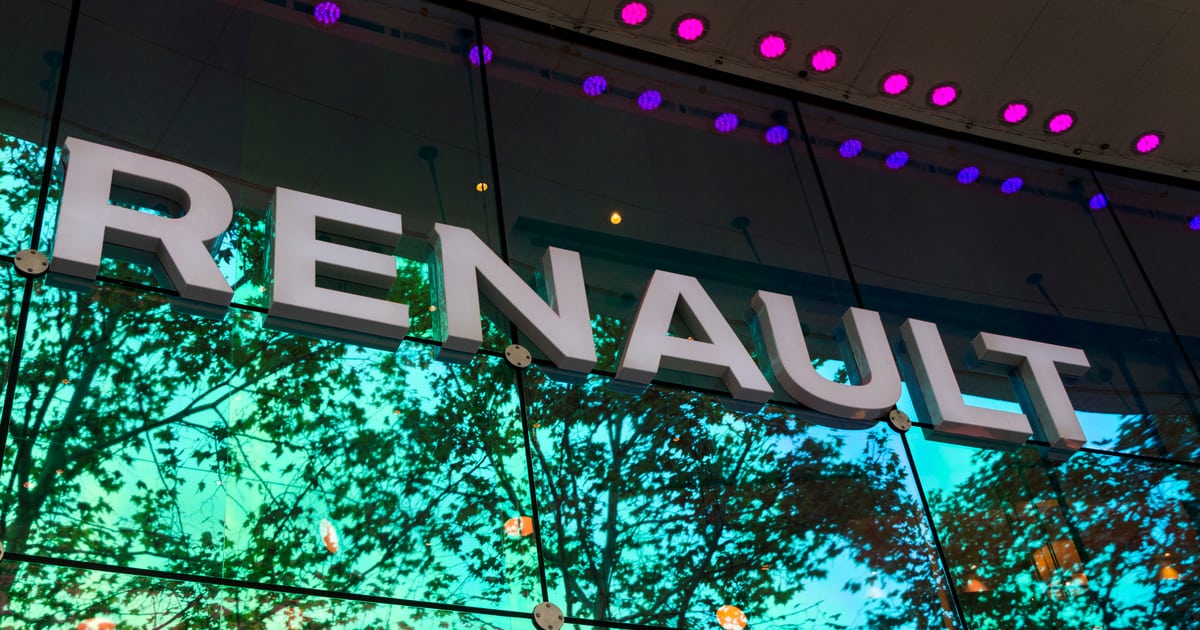Renault Deploys Blockchain for Vehicle Compliance Certification from Design to Production
Brian Njuguna Sep 11, 2020 01:45
Renault, a leading French automobile manufacturer, has established the XCEED blockchain system to ensure compliance of all car parts from design to production.

Groupe Renault, a leading French multinational automobile manufacturer, has established the XCEED (eXtended Compliance End-to-End Distributed) blockchain system to certify the compliance of all car parts from design to production.

Adhering to stringent regulations
The blockchain-based tool is expected to boost Renault’s efficiency and responsiveness in meeting regulatory stringency in the automotive industry.
For instance, new market surveillance requirements were enforced from September 1, necessitating more enhanced regulatory controls for cars already on the market. As a result, Renault sees blockchain as one of the best alternatives to adhere to these stipulations within shorter timeframes.
XCEED was launched in 2019 as a collaborative project between automotive industry players like Saint-Gobain, Plastic Omnium, Faurecia, and Continental. Recently, this blockchain tool was tested at Renault’s Douai plant, and it archived at least one million documents at a speed of 500 transactions per second.
As per the announcement:
“With XCEED, blockchain is used to create a trusted network for sharing compliance information between parts manufacturers and vehicle manufacturers. The decentralized nature of blockchain technology means each party maintains data control and confidentiality, without compromising its integrity, while simultaneously increasing security and confidentiality.”
Underpinning competitiveness
Renault views the blockchain system as a stepping stone to operational excellence and underpinning competitiveness in the automotive sector. This is because it enables the timely sharing and tracking of information by various players. As a result, data is availed in real-time, making efficiency inevitable.
Odile Panciatici, Groupe Renault’s blockchain vice president, noted:
“We are convinced that blockchain is a vector for transforming the automotive industry. Blockchain technology really comes into its own in a vast ecosystem involving a number of different companies, providing a link between the partners’ various processes, computer systems and databases.”
Automotive players leaning towards blockchain
In April, BMW Group combined blockchain and cloud technologies using Microsoft Azure and Amazon Web Services to enable the tracking down of vehicle components’ origin without permitting any manipulation. This project was expected to be instrumental in propelling the traceability and transparency of crucial raw materials and parts in its international supply chains muddled in complexity.
Later on, in July, Volvo Cars invested in Circulor, a London-based blockchain company majoring in industrial supply chains. The objective was to use Circulor’s blockchain technology to track and reduce carbon dioxide (CO2) footprints.
Image source: Shutterstock.jpg)